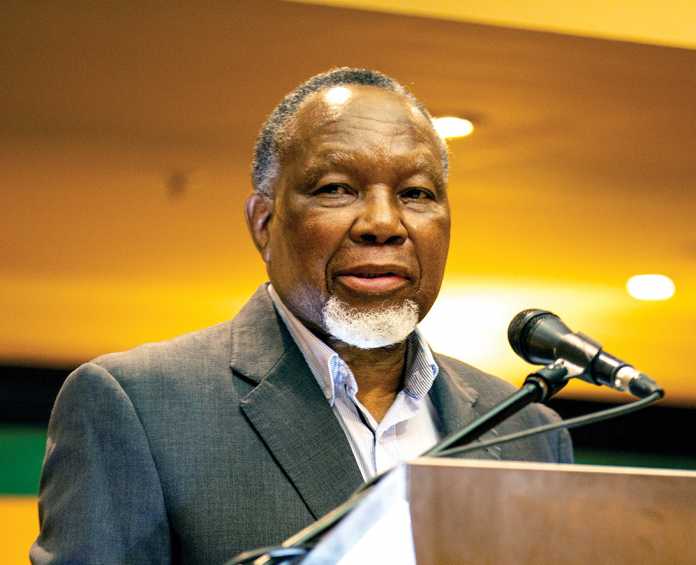If you listen to South Africans expressing their concerns about the state of governance – be it in beer halls, shebeens, taverns, business forums, taxi ranks, church halls and residential areas – many will tell you: “We no longer recognise our glorious movement, it has become so alien and different it might just as well be dead.”
Deep pain and great fear are etched in their faces as they watch their organisation and its leaders bumble from one crisis to the next, as had been the case with the unending electricity crisis that has engulfed and plunged the country into darkness – what with Eskom and government failing to give “decisive leadership [Oliver] Tambo and [Nelson] Madiba would provide had they been alive”.
Yet even in its state of decay, there is no sense or credible evidence that many ANC die-hards are willing to abandon the ruling party.
There is still a silver lining that continues to exist, that their movement could still escape total implosion. But it all depends on the quality of leadership, even though President Cyril Ramaphosa remains suspect.
The general view is that Ramaphosa is a disappointment, that his leadership style has been weak; that contrary to expectations, he lacks the Mandela magic that people always thought he possessed.
But many equally argue it would be better if the ANC were to die, and out of its ashes, a new organisation might rise to embrace the values for which the ANC was formed more than 100 years ago – and for which Madiba was willing to die.
But it is the words of its stalwart, former president Kgalema Motlanthe, among others, that have become instructive.
“It would be good for the ANC itself if it was voted out, because … those elements who are in it for the largess will quit, will desert it, and only then the possibility would arise to salvage whatever is left of it,” Motlanthe said in an interview with a British TV channel several years ago.
The spectre of former president Jacob Zuma still exists, and in part it has become a divisive factor, turning the ANC into a narrow tribal organisation in places such as KwaZulu-Natal.
Yet, the ANC is lucky to have courageous leaders such as Motlanthe.
Constantly, Motlanthe has been asking difficult questions, and questioning, among others, if the ANC and its allies were “true revolutionaries” prepared to make sacrifices “for the greater good” – and part of the greater good is to make the ANC serve the people of the country with distinction and dedication.
The past few years have been difficult.
Years in which tendencies of corruption and malfeasance had wormed themselves into the ANC system of governance – years of state capture which resulted in the creation of the Zondo commission which in its final report implicated several ANC leaders in the abuse of their positions to allow malfeasance to thrive.
Adding his voice to the misfiring organisation’s leadership woes, ANC veteran Mavuso Msimang has on countless occasions not spared the organisation’s inability to lead the country effectively, charging, among other things, that his organisation has in recent years suffered “political and ideological degeneration” – an outcome that has “lowered the leadership bar”.
The organisation of Mandela and Tambo no longer exists, what exists is a shell of the “glorious movement” that bedazzled throngs of South Africans during the liberation struggle.
• Mdhlela is a freelance journalist, an Anglican priest, ex-trade unionist and former publications editor of the SA Human Rights journals



